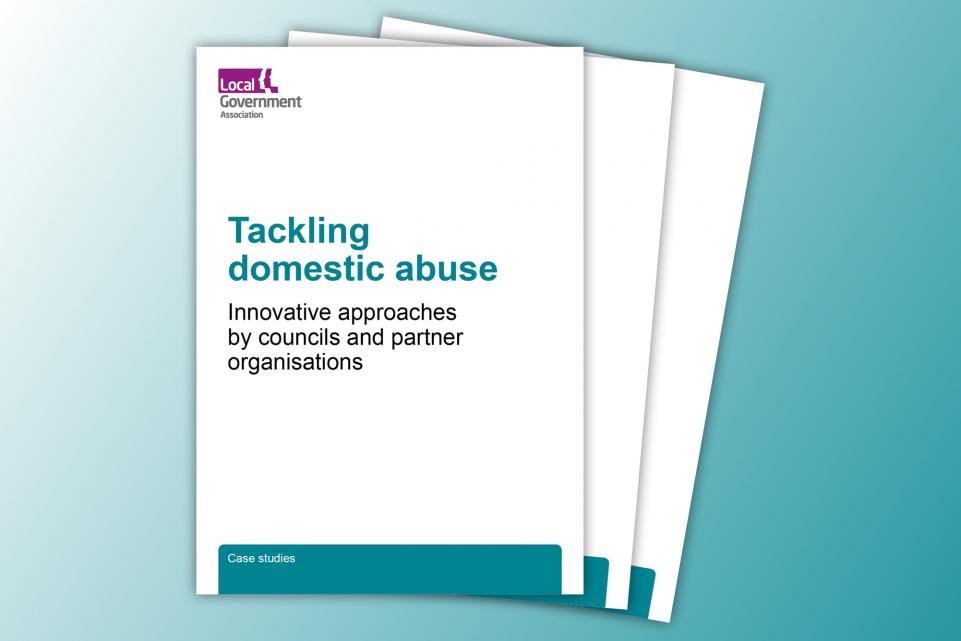Resetting the relationship between local and national government. Read our Local Government White Paper
Domestic violence and abuse (DVA) is one of the most pervasive crimes in our society. The harm resulting from domestic violence and abuse can have a lasting impact of families and victims and preventative action to reduce the number of incidents remains a priority for both local agencies and Government departments.
DVA accounts for eight per cent of all crime with an estimated two million victims a year. Victims are predominantly women, with one in four women experiencing a form of domestic abuse in their lifetime. DVA also significantly affects those children and young people who witness such incidents of violence and control. Their experience of DVA can lead to intergenerational cycles of vulnerability and perpetration.
What is the impact of domestic violence and abuse?
The impact of domestic violence and abuse can be devastating. In the worst instances, it results in serious injury or even death. Victims of domestic abuse can not only suffer from physical violence but also of coercive control. Coercive control is a concealed method of power and control used by perpetrators (offenders) that perpetuate an ongoing mental torture of fear, intimidation and humiliation for the victim. There are long term implications for the health and wellbeing of victims, including poor physical and mental health conditions, isolation and often substance misuse.
Children and young people suffer too as a result of such violence and abuse. There is a significant risk to the child's physical, emotional and social development and an increased risk they themselves will become victims of abuse themselves, or even perpetrators.
Domestic violence and abuse resources
The following resources aim to raise awareness of the prevalence and impact of domestic violence and abuse but also to support councils to provide or commission relevant services.
Councils show what they are doing to raise awareness of and fight domestic violence and abuse in their communities and regions.
Employer’s Toolkit on Domestic Abuse
Employers have an important role to play in society’s response to domestic abuse. Employers owe a duty of care to employees and have a legal responsibility to provide a safe and effective work environment. Preventing and tackling domestic abuse is an integral part of this.
Community safety is not just an issue for police and fire and rescue authorities. Councils contribute in a variety of ways.

